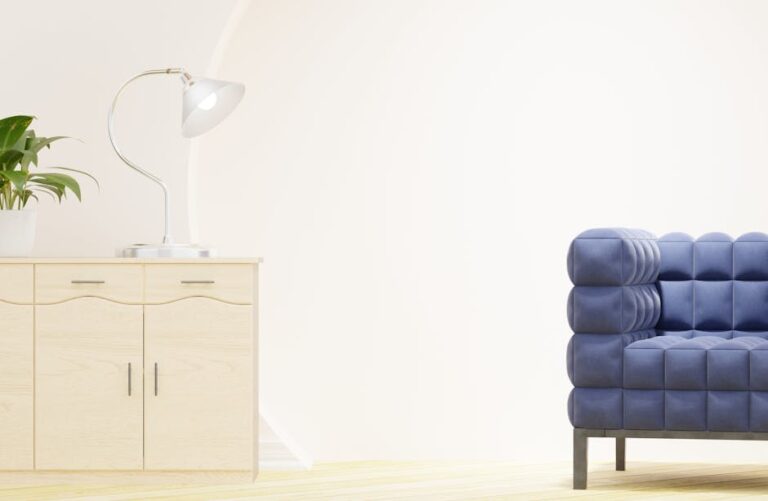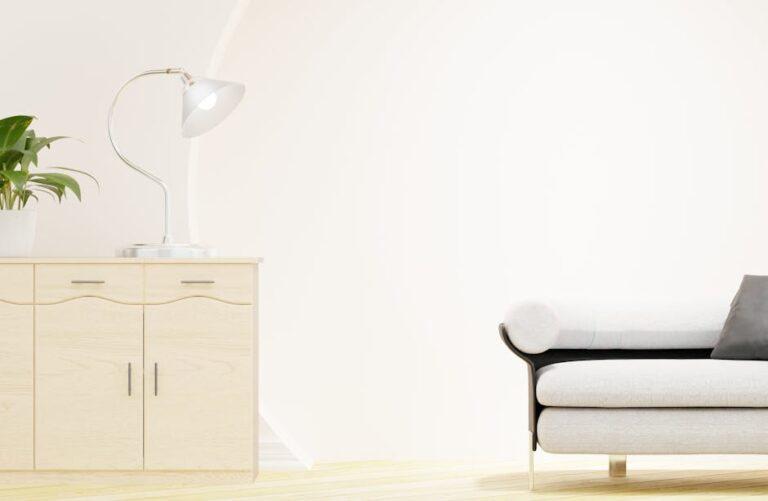
The Minimalist Mindset for a Fulfilling Life: Contentment Through Less
Minimalism, often visualized as stark white rooms and sparsely furnished homes, is far more than a design aesthetic. It’s a mindset, a conscious shift in perspective, that prioritizes experiences, relationships, and personal growth over the relentless pursuit of material possessions. Embracing a minimalist mindset isn’t about deprivation; it’s about intentionality, choosing to surround yourself with only what adds value and contributes to a fulfilling life.
Unpacking the Core Principles:
The foundations of a minimalist mindset rest on several key principles:
- Intentionality: This is the cornerstone. Every acquisition, commitment, and activity is carefully considered. You ask yourself, “Does this truly align with my values and goals?” If the answer is no, you release it.
- Value Over Volume: Quantity is replaced by quality. Instead of accumulating numerous cheap items, you invest in fewer, well-made products that last longer and bring greater satisfaction.
- Freedom from Attachment: Material possessions are recognized for what they are: objects. You’re not defined by what you own, and you’re willing to let go of things that no longer serve a purpose or bring joy.
- Focus on Experiences: Minimalists often prioritize experiences over things. Travel, learning, spending time with loved ones, and pursuing passions become the focus, creating lasting memories and enriching life.
- Conscious Consumption: Recognizing the impact of consumption on the environment and personal finances is vital. Minimalists strive to make informed purchasing decisions, reducing waste and minimizing their ecological footprint.
- Gratitude: Appreciation for what you already have is central. Instead of constantly wanting more, you cultivate contentment and find joy in the simple things.
The Benefits of Embracing Minimalism:
Adopting a minimalist mindset offers a wealth of benefits that extend beyond decluttering your home:
- Reduced Stress and Anxiety: Clutter can be overwhelming, contributing to feelings of stress and anxiety. By decluttering your physical space, you also declutter your mind, creating a sense of calm and clarity.
- Increased Financial Freedom: Conscious consumption and a focus on needs over wants can lead to significant savings. This financial freedom can be used to pursue passions, travel, or invest in your future.
- More Time and Energy: Maintaining and managing possessions takes time and energy. By owning less, you free up time and mental space for activities that truly matter.
- Improved Focus and Productivity: A clutter-free environment can enhance focus and productivity. With fewer distractions, you can concentrate on your goals and achieve more.
- Enhanced Creativity: Simplicity can spark creativity. When surrounded by fewer stimuli, you are more likely to think outside the box and develop new ideas.
- Stronger Relationships: Minimalists often prioritize relationships over possessions. By spending less time shopping and managing belongings, you can dedicate more time to nurturing connections with loved ones.
- Environmental Sustainability: Conscious consumption reduces waste and minimizes your impact on the environment. By buying less and choosing sustainable products, you contribute to a healthier planet.
- Greater Self-Awareness: The process of decluttering and reflecting on your consumption habits can lead to greater self-awareness. You gain a better understanding of your values, priorities, and motivations.
Practical Steps to Cultivate a Minimalist Mindset:
Embracing minimalism is a journey, not a destination. Here are some practical steps to help you cultivate a minimalist mindset:
- Start with a Declutter: Begin by decluttering one area of your home, such as a closet or drawer. As you declutter, ask yourself: “Does this item bring me joy? Does it serve a useful purpose?” If the answer is no, let it go.
- Challenge Your Consumption Habits: Before making a purchase, ask yourself: “Do I really need this? Can I borrow it, rent it, or buy it used?” Delaying gratification can help you avoid impulse purchases.
- Embrace the One-In, One-Out Rule: For every new item you bring into your home, get rid of one similar item. This helps to prevent clutter from accumulating.
- Digital Declutter: Just as physical clutter can be overwhelming, so can digital clutter. Organize your files, unsubscribe from unnecessary emails, and delete unused apps.
- Mindful Media Consumption: Be conscious of the messages you are consuming through media. Limit exposure to advertising that promotes materialism and consumerism.
- Focus on Experiences: Plan experiences that bring you joy, such as traveling, attending concerts, or spending time in nature. These experiences will create lasting memories and enrich your life.
- Practice Gratitude: Take time each day to appreciate what you already have. This can help you cultivate contentment and reduce the desire for more.
- Reflect on Your Values: Identify your core values and align your life with them. This will help you make more intentional decisions about how you spend your time and money.
- Seek Inspiration from Minimalist Communities: Connect with other minimalists online or in person. Sharing experiences and ideas can provide support and motivation.
- Be Patient and Persistent: Embracing minimalism is a process that takes time and effort. Don’t get discouraged if you slip up or experience setbacks. Just keep learning and growing.
Common Misconceptions about Minimalism:
It’s crucial to dispel some common misconceptions surrounding minimalism:
- Minimalism is about deprivation: It’s not about living without anything; it’s about living with only what you need and what brings you joy.
- Minimalists are all wealthy: Minimalism can be practiced at any income level. It’s about making conscious choices about how you spend your money, regardless of how much you have.
- Minimalism is boring: A minimalist lifestyle can be incredibly rich and fulfilling. By simplifying your life, you create space for more meaningful experiences.
- Minimalism is a trend: While minimalism has gained popularity in recent years, it’s a philosophy that has been around for centuries. It’s a way of life that can be adapted to suit individual needs and preferences.
Minimalism and Mental Wellbeing:
The connection between minimalism and mental wellbeing is profound. By reducing stress, increasing financial freedom, and freeing up time and energy, minimalism can contribute to a greater sense of peace and contentment. The focus on experiences and relationships fosters stronger connections and reduces the reliance on material possessions for happiness.
Minimalism as a Journey of Self-Discovery:
Ultimately, embracing a minimalist mindset is a journey of self-discovery. It’s about identifying your values, priorities, and motivations. It’s about creating a life that is aligned with your true self and that brings you genuine joy and fulfillment. It’s a continuous process of refining and adapting your lifestyle to create a more meaningful and purposeful existence.
